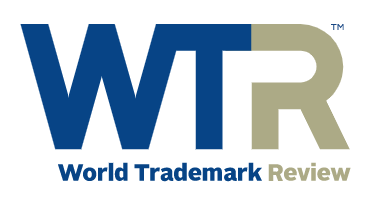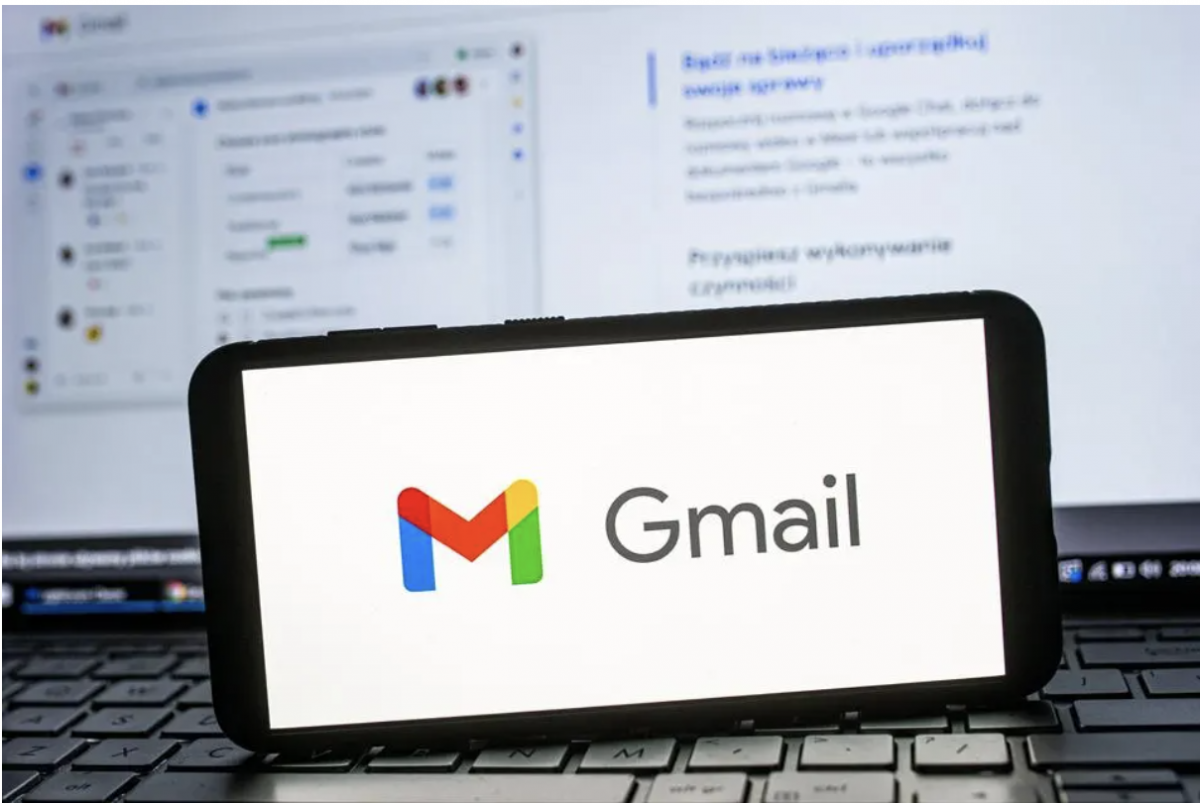Interisle Cybercrime Supply Chain Study Finds Persistent Patterns of Exploitation and Abuse

Balancing privacy and security when tackling DNS abuse: M3AAWG and APWG make WHOIS recommendations

Coalition Against Stalkerware Named J.D. Falk Award Winner for Raising Awareness About and Helping Victims of Malicious Spying Apps

Award Honors Falk, Antispam Pioneer and a M3AAWG Founding Member
2021 ICANN seeks user insight into SSAD plans as significant frustrations over WHOIS blackout persist
Key considerations for contact tracing applications

In the era of COVID-19, governments, a number of major tech companies, and small developers are creating contact tracing applications and tools in an attempt to continue containing the outbreak and re-open safely.
Phishing campaign alters prefix in hyperlinks to bypass email defenses

Threat hunters say they’ve seen a concerted rise in the use of a phishing tactic designed to bypass traditional email defenses by subtly changing the prefixes (a.k.a. schemes) of malicious URLs in hyperlinks.
NIST hints at upgrades to its system for scoring a phish’s deceptiveness

Officials from the National Institute of Standards and Technology (NIST) this week teased future improvements to the agency’s recently introduced “Phish Scale” measurement system, which helps companies determine whether phishing emails are hard or easy for their employees to detect.
M3AAWG to Hold 51st General Meeting to Advance Strategies and Tactics to Fight Online Abuse

The Messaging, Malware and Mobile Anti-Abuse Working Group to gather cybersecurity leaders, experts and member companies for virtual summit on February 15-18; Topics include NIST's "The Phish Scale," smishing in the UK, TLS 1.3 and more.
Breach alerts dismissed as junk? New guide for sending vital emails may help

The SolarWinds supply chain attack will likely prompt scores of compromised companies to send critical data breach notifications to their customers. But how many of these email notifications will go ignored, bounced or quarantined?
Phantom Clicks: Non-Human Intervention Distorts Email Marketing Metrics, Study Finds

It seems simple: You send a marketing email, and the recipient opens and clicks on it or doesn’t. Right?
Not quite. Received email is increasingly being handled via Non-Human Interaction (NHI) — through software programs that can throw off marketers' metrics and hurt their sender reputation.
Nation State Interference During the US Presidential ‘Pandemic Election’

Emotive topics such as COVID-19 and the role of policing will be at the heart of this election, and these tense issues, alongside the highly polarized nature of the electorate, ensure there will be a fertile ground for misinformation campaigns from nation state actors seeking to influence the outcome of the election. Such a phenomenon was observed recently in the so-called ‘Brexit election’ in the UK in December 2019, following which the UK government’s Intelligence and Security Committee (ISC) described Russia as a “highly capable cyber-actor.”
Interview: Seth Blank, Technical Committee Co-Chair, M3AAWG

Speaking to Infosecurity, Seth Blank, technical committee co-chair of M3AAWG and VP of standards and new technologies at Valimail, said the issue it is looking to overcome is “a lack of clarity around well-known technical requirements.”
Bringing BEC home: How to protect against BEC attacks while remote

As cybercrime spikes in the wake of COVID-19, BEC’s toll is expected to rise this year. The Federal Bureau of Investigation (FBI) recently issued a warning to businesses on the growing threat of BEC attacks using the pandemic as a backdrop for unusual requests like payments to a “new” vendor or a change of account information.
61% of Airlines Have No Published DMARC Record, Customers Susceptible to Email Fraud

The majority of airline companies are potentially leaving their customers vulnerable to email fraud, such as phishing, according to a new analysis by Proofpoint.
U.S. universities at risk of back-to-school and Covid-19 email fraud

The top 20 universities based in the U.S. are failing to implement proper DMARC protections and policies, opening the door for fraudsters to spoof their email domains and convincingly impersonate them at a time when students are likely expecting to receive a wealth digital communications related to back-to-school instructions, researchers warn.
Why Trump’s administration is going after the GDPR

U.S. officials are ramping up criticism of Europe’s flagship privacy law, which they say protects cybercriminals.







